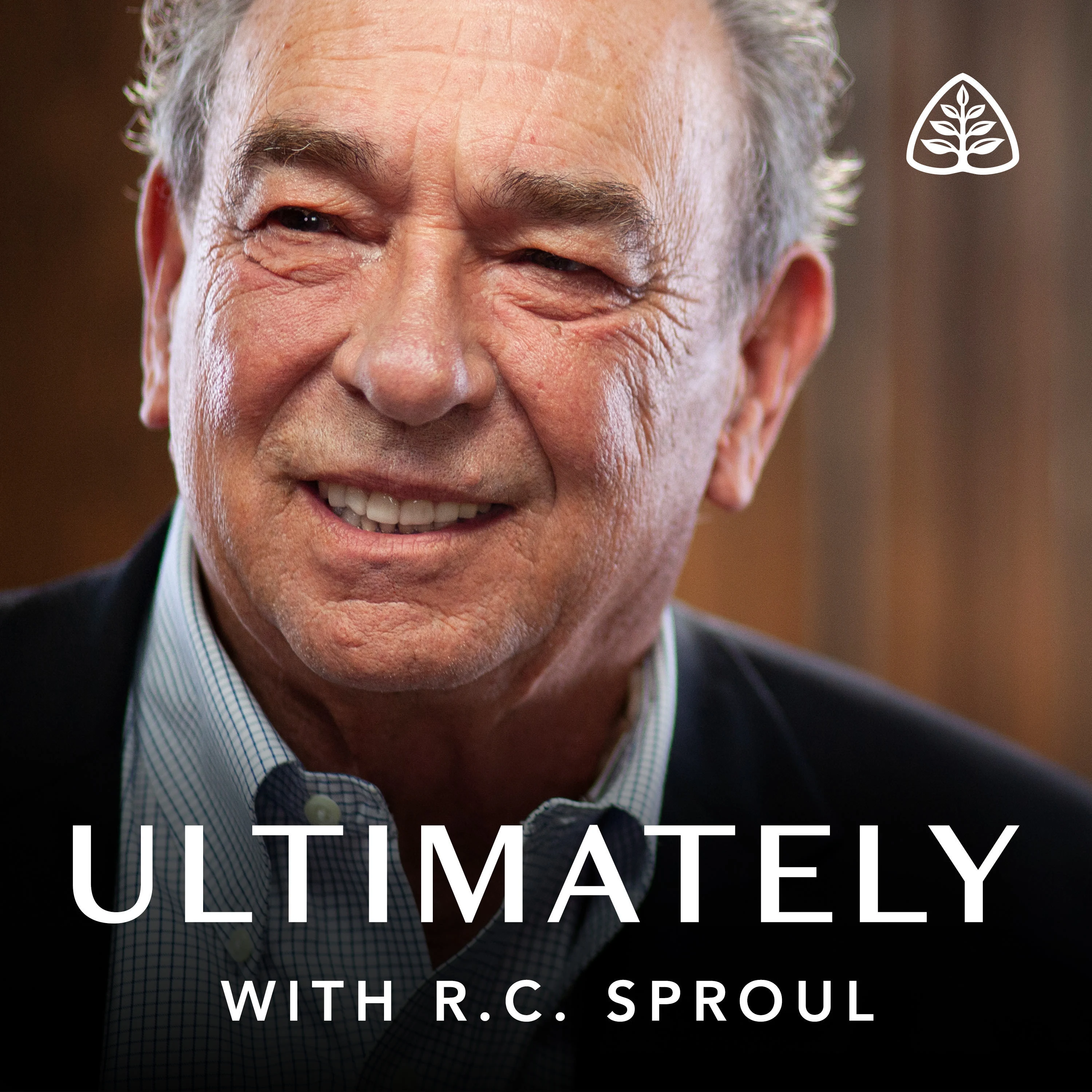Religion and Superstition

In every generation, superstition threatens to invade the church’s faith and practice. Today, R.C. Sproul shows us the way of distinguishing between the truth of God and modern-day magic tricks.
If you read the Old Testament and look at the law of the Old Testament, it’s a matter of grave importance to God that His people not be involved in superstition. Now, let me just pause here for a second and say that in every age and in every generation and in every religious community, I don’t care what denomination it is, the clear and present danger of the invasion of superstitious elements into faith is pervasive. There’s always been that problem. And we can see how readily, how easy it is to mix up religion and superstition. I don’t know of any religion in this world that is free of superstition. That we, again, even as we have an inclination, a propensity, towards idolatry, we also have a certain fascination for magic.
You see the bumper stickers “Visualize world peace,” which is part of this psychokinesis that’s integral to new age thinking, new age philosophy. New age religion, among other things, is an overt revival of ancient magic, where people believe that through certain practices, certain forms of meditation, certain incantations, we are able to manipulate the environment in which we live. If we just concentrate hard enough on world peace, we can make it happen. And that that power is within us. To have power over matter, it’s magic. I can’t tell you how many ways this intrudes into the church, where somehow we think if we say exactly the right formula in our prayer, that we can make things happen.
Sometimes even the name of Jesus is used as a magical incantation rather than an expression of honor and of glory to Him. Now, this, when it comes in, doesn’t come in the crass forms where people walk into the church with a magic wand and say, “Abracadabra, we’re going to make things happen.” Anytime superstition or magic invades true religion, it is always couched in spiritual terms. Nobody walks into the church and says, “Well, from now on we start practicing magic,” or “If we have this image here, it will protect us,” or “This medallion will exude power,” or “This relic will have curative influences upon us because it has some kind of inherent power, and we’re doing this by magic.”
No, we spiritualize it, and we try to give some kind of theological justification for it. I think in our day, the Holy Spirit is invoked in the name of magic more than He has ever been invoked in that way in the history of the church. And there’s that line between true faith in the power of God and reliance upon the power of the Holy Spirit, and a superstitious approach to it in which we think that we have the power to manipulate the Holy Spirit Himself. That’s a very, very dangerous thing. That’s why all of the practice of worship and of the Christian life has to be subject to the law of God, and all of our claims to spiritual power must be subject to the Word of God.
I mean, it’s commonplace in the church for people to attribute the leading of the Holy Spirit to saying things and doing things that the Word of God clearly prohibits. And when we do that, we come perilously close to blaspheming the Holy Spirit by making Him the author of our own falsehoods. And that is part of this invasion of superstition.
And so, it’s a difficult thing but a necessary thing for true people of God to guard against idolatry. To guard against not only the crass form of shaping of idols, but the more subtle ways in which we try to bring God down to earth, to make the invisible God visible, to make the eternal God something that we can mold and shape and control. And we forget in our religion that He is God and that we are subordinate to Him, and He is not some cosmic force that is given to us to use to manipulate our environment.
Recent Episodes
No Such Thing as a Neutral Education
February 20, 2026|Education
We Must Obey God Rather than Men
February 18, 2026|Ethics
Trust God’s Promises, Not Your Passions
February 16, 2026|Life Issues
Why Humanism Fails
February 13, 2026|Opposing Worldviews
God Needs Nothing
February 11, 2026|The Nature of God
Since God Is Sovereign, Why Evangelize?
February 9, 2026|Evangelism and Missions
